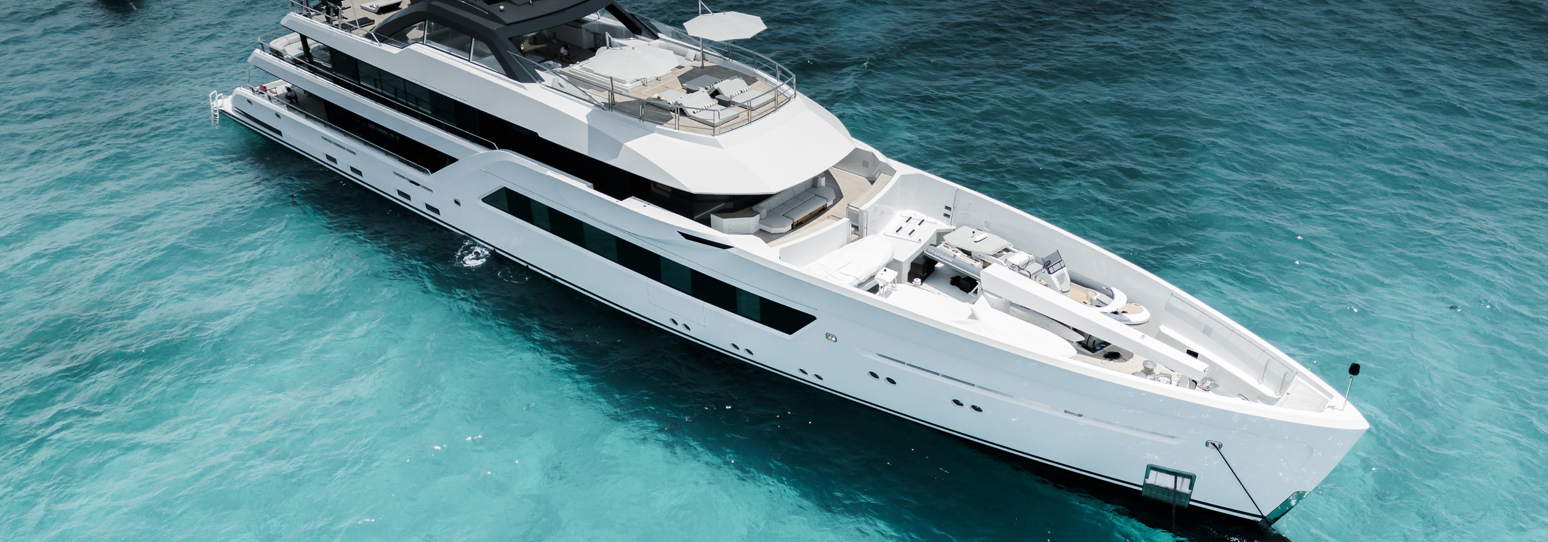Agenda
Bekijk hier de kalender met alle komende evenementen, beurzen en trainingen.
Zoek en filter

Zeildag 2025 - exclusief voor leden
Een hele dag op en om het water, een beter passend netwerkevent kun je bijna niet bedenken! We kijken ernaar uit je te ontmoeten bij De Kaagsociëteit in Warmond om er samen een fantastische dag vol zeilen en belevenis van te maken. We hopen dat je er dit jaar (weer) bij bent!
Training Scheepsbouw voor niet scheepsbouwers
#Training
Met deze training verhoog jij je kennisniveau over scheepsbouw. Je leert de hoofdlijnen van het scheepsbouwproces en scheepsbouwtermen.
INMEX SMM India 2025 | VOL
De grootste maritieme vakbeurs en conferentie van Zuid-Azië. Dit internationale evenement brengt de wereldwijde maritieme en scheepvaartindustrie samen, met volop mogelijkheden voor netwerken, kennisdeling en nieuwe zakelijke kansen. NMT-IRO organiseert een MKB-lounge.
Prinsjesdag Ontbijtsessie
NMT-IRO trapt ook dit jaar Prinsjesdag af met een inspirerende ontbijtsessie, voorafgaand aan de Troonrede. Jan Peter Balkenende, voormalig minister-president en voorzitter van de Dutch Sustainable Growth Coalition, deelt zijn visie op duurzame economische groei. Ook Focco Vijselaar, algemeen directeur van VNO-NCW, gaat in op de actuele economische uitdagingen voor de sector. De ontbijtsessie biedt volop gelegenheid om te netwerken met met vakgenoten uit de sector.
Training Maritiem Projectmanagement
#Training
Professionaliseer jouw projectmanagementvaardigheden met deze praktische maritieme training. De nadruk ligt op het opzetten, inrichten en beheersen van maritieme projecten. We organiseren deze training samen met NIMO Project Management Instituut.
Handelsmissie Superjachtbouw Frankrijk
Ontdek kansen in Zuid-Frankrijk: handelsmissie jachtbouw en refit rondom Monaco Yacht Show Van 22 t/m 26 september 2025 organiseert NMT-IRO een exclusieve handelsmissie naar Zuid-Frankrijk, met focus op de jachtbouw- en refitmarkt. Deelnemers ontmoeten toonaangevende werven, managementbureaus en captains in het hart van de Europese superjachtindustrie.
Training Onboard Fluid Distribution Systems
#Training
This training will strengthen your competence in design and engineering of onboard fluid distribution systems. The training Onboard Fluid Distribution Systems covers the main (technical) aspects of design and operation of marine auxiliary systems on board of ships.
Training onboard & underwater radiated noise & vibrations (EN Course)
#Training
This interactive course focuses on the practical side of shipboard noise and vibrations both on board and radiated underwater. The course consists of three topics, spread over 3 days: Vibrations, Onboard Noise, and Underwater Radiated Noise. The training will be conducted by experts from TNO.
Training Offshore Energie – Verleden, Heden en Toekomst van de Noordzee
#Training
Van turf en kolen tot wind en waterstof: in deze training krijg je een compleet beeld van de energietransitie op zee. De Noordzee is namelijk volop in beweging – letterlijk én figuurlijk. Ontdek hoe de offshore sector zich heeft ontwikkeld, waar we nu staan en wat ons in de toekomst te wachten staat. De training wordt gegeven door Joris Koornneef, actief bij TNO op het gebied van offshore systeemintegratie en (grootschalige) energieopslag. Daarnaast is hij sinds 2023 Burgemeester van jouw Noordzee.

